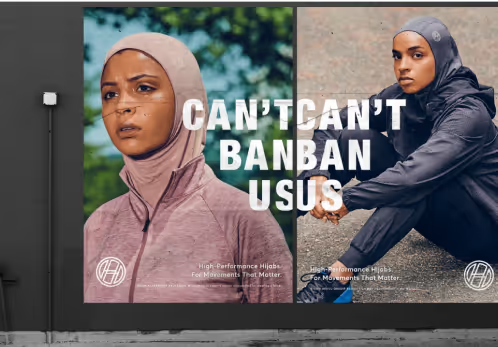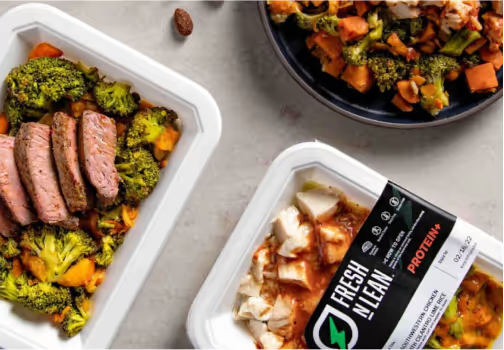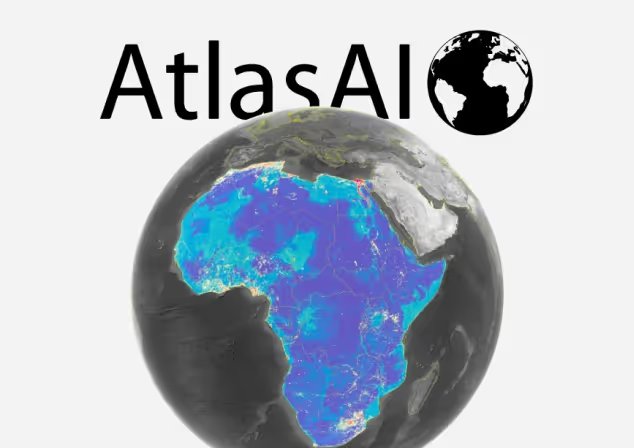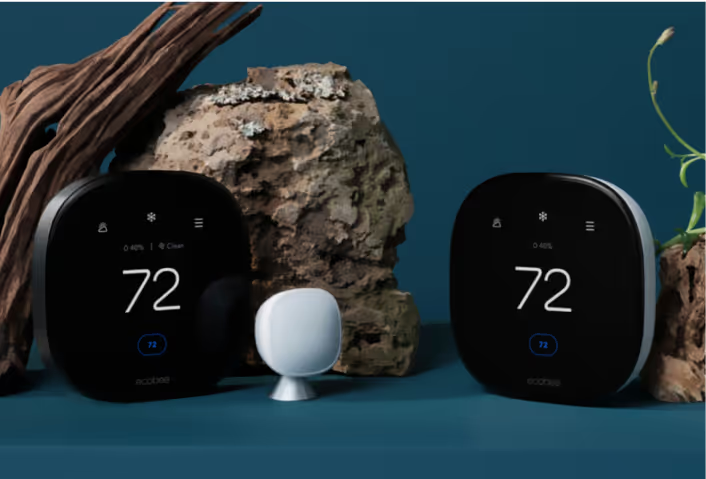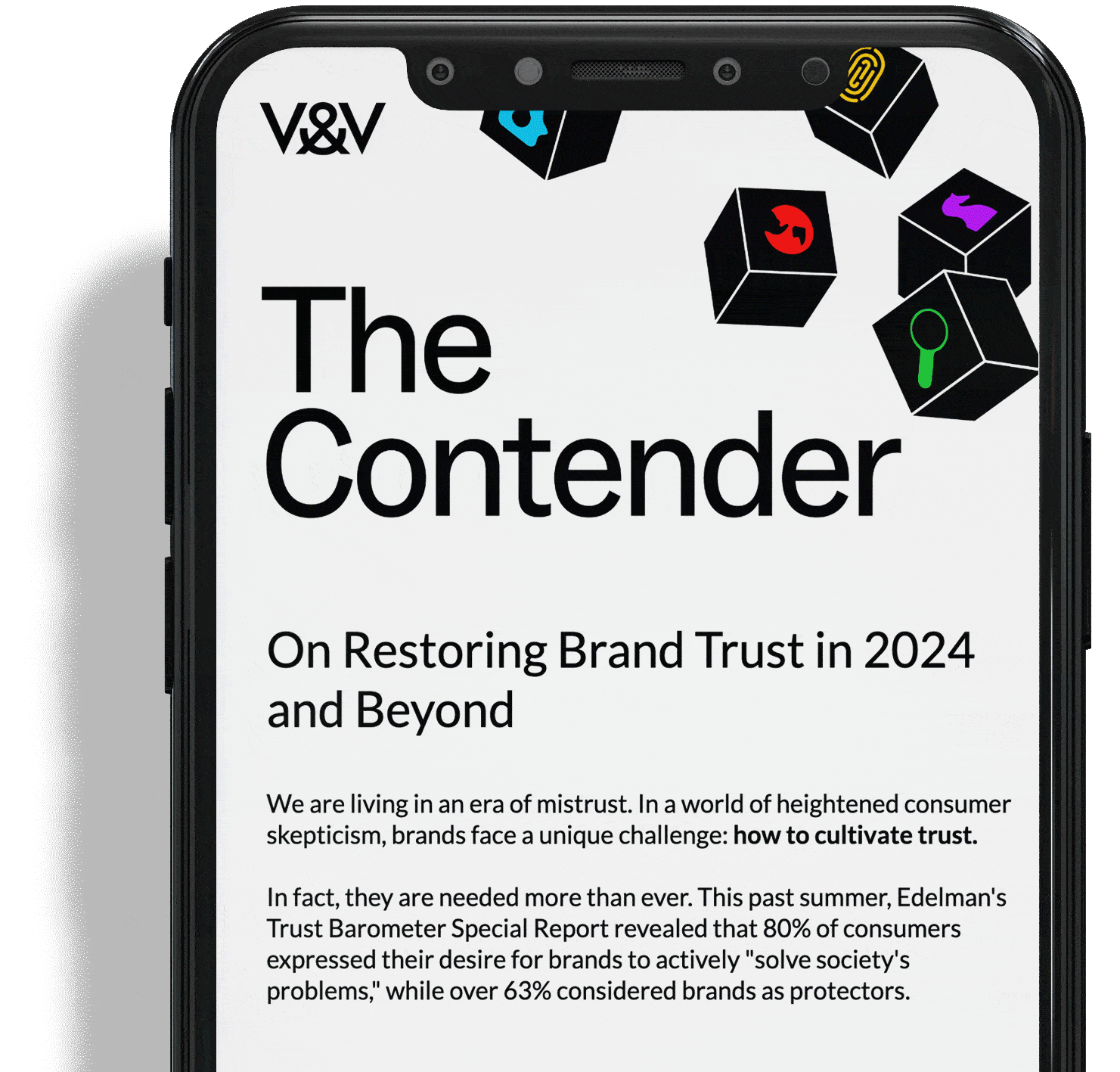Challenger Brands Lead Through Crisis
The battle against COVID-19 continues to rage. It’s changed not just how we do business but, on a human level, the way we communicate, collaborate and create. When the outbreak began we examined the part brands have to play in the coronavirus crisis, asking them to build a business for better, rather than cashing in on quick capitalism. While that sentiment still stands, the market has evolved, offering Challengers more obstacles to overcome and new reasons to rebuild.
The Challenge Businesses Are Facing
A business divide is opening. In the current crisis, big brands and incumbents with cash reserves have an unfair and ultimately inevitable advantage in being able to endure, and gain market share. Amazon has, naturally, become even more integral in the e-commerce landscape, streaming sites like Netflix and YouTube are seeing surges with people self-quarantined at home (Netflix alone added a huge 15.8 million new paying subscribers last quarter), and companies like Facebook and Google are being leant on to keep everyone connected. Indeed, in March it was reported use of Facebook’s messaging service had increased by 50%, with video calls doubling in the countries most affected by COVID-19.
With the resources and market share these big brands occupy, there’s no doubt they will weather the storm. But, in doing so, it’s opening a new hurdle for Challenger Brands. As many continue to either slow or halt operations completely, Challengers need to reassess. In fighting for survival, they need to shift their approach from fighting for what was, to committing to what could be. In a crisis like this there will naturally be industries better positioned to continue but, for all brands, where there is constraint there is opportunity, and we’re already seeing Challengers emerge as innovators. By embracing change, Challengers won’t just survive this, but emerge as new threats to the megabrands holding control.

Health, wellbeing, the way we spend our time and money, and who we decide to spend it with has never been put so firmly under the microscope. Similarly, we’ve never had to actively question our moral stance and our purpose as powerfully as we are today. The questions we thought we knew the answers to have been disputed, and the items we once deemed essential now don’t seem as integral as we once thought.
As Pranav Yadav, founder and CEO of neuroanalytics consultancy Neuro-Insight US recently told Forbes: “As we come out of the coronavirus pandemic, how we react to physical proximity, crowded places, how full or empty our fridge is, how we express love, what we expect from friends, to even what we think of our lives, its purpose, societal structures, capitalism, education – no topic is off bounds for a fundamental shift in human perception during this time. If marketers don’t get their act together trying to understand the human on the other side, the only curve that’ll flatten is the recession curve.”
Consumers are reevaluating what gives them meaning and they’re looking at brands through the same lens.
How have your customers been impacted?
How can/is your brand helping?
How can your brand help employees, customers, the community, and front line workers in new and better ways?
Our client Fresh n’ Lean is one such brand working to embrace new mindsets. We helped them launch #HealthyTogether, a social media campaign that provides people valuable tools and resources to take care of their physical and mental health so that they can, in turn, best support their families and communities. In doing so, they highlighted the front line workers helping to make that possible, and the steps the brand is taking to ensure the safety of its food, staff and customers. They also shipped over 900 meals to frontline workers in NYC, and is giving back to communities that have lost jobs by hiring for temporary positions.
In times like these, while the prospect might be daunting, Challengers need to be mindful yet unafraid to try out new tactics that appeal to the post-coronavirus consumer, and be bold while doing so.

We’ve already discussed why now isn’t the time for brands to curb their commitment to the environment. We’ve seen firsthand how life in lockdown has given the environment a chance to breathe.
However, sustainability is only one point on the moral compass being brought into question. As we enter this New Normal, brands have to bolster their values, put their morality centre stage, and make commitments that are more than just positive PR and smart brand messaging. Luxury giant LVMH was quick to announce it would be repurposing its production line to produce hand sanitizer instead of perfume to donate to healthcare facilities. LVMH is a huge brand, but they inspired a host of Challenger distilleries across the world to follow suit.
PocketHealth, a secure online storage hub for medical records, is one example. Where typically there would be a charge for hospitals and clinics to virtualize their imaging with PocketHealth, the company is offering its existing logistics and services for free for a three month period to ensure imaging operation staff are not in office preparing patient images.
For consumers, this morality matters. An Edelman study published on March 30th shows that 62% of people feel their country won’t make it through this crisis without brands playing a critical role in addressing challenges but, at the same time, 71% say if they feel a brand is putting profits over people, they will lose trust in that brand forever.
Think about your personal experience over the past weeks. Which brands have you been impressed with, and become more loyal to as a result, and which have made you feel uncomfortable?
Long-Term Impact Over Short-Term Survival
Everybody is waiting for everything to return to ‘normal’. Though we don’t know exactly when that will be, we do know that, when it happens, what we see as normal will be redefined. People’s morality, values and routine will have changed, and they’ll be looking for brands to fit seamlessly within that.
Already we’re seeing cultural institutions around the world working hard to document the crisis, and your brand has a part to play in that. People are watching, and your behavior will be archived. We’ll remember the brands that looked beyond bad marketing, price gouging and quick capitalism to engage effectively as moral leaders.
So, rather than cut corners and sacrifice morality to ensure short-term survival, consider the long-term impact of your brand. How can you fit into a future that’s already showing itself today, take advantage of the new niches that will undoubtedly be on offer, and emerge from this as a brand that challenged the status quo?





